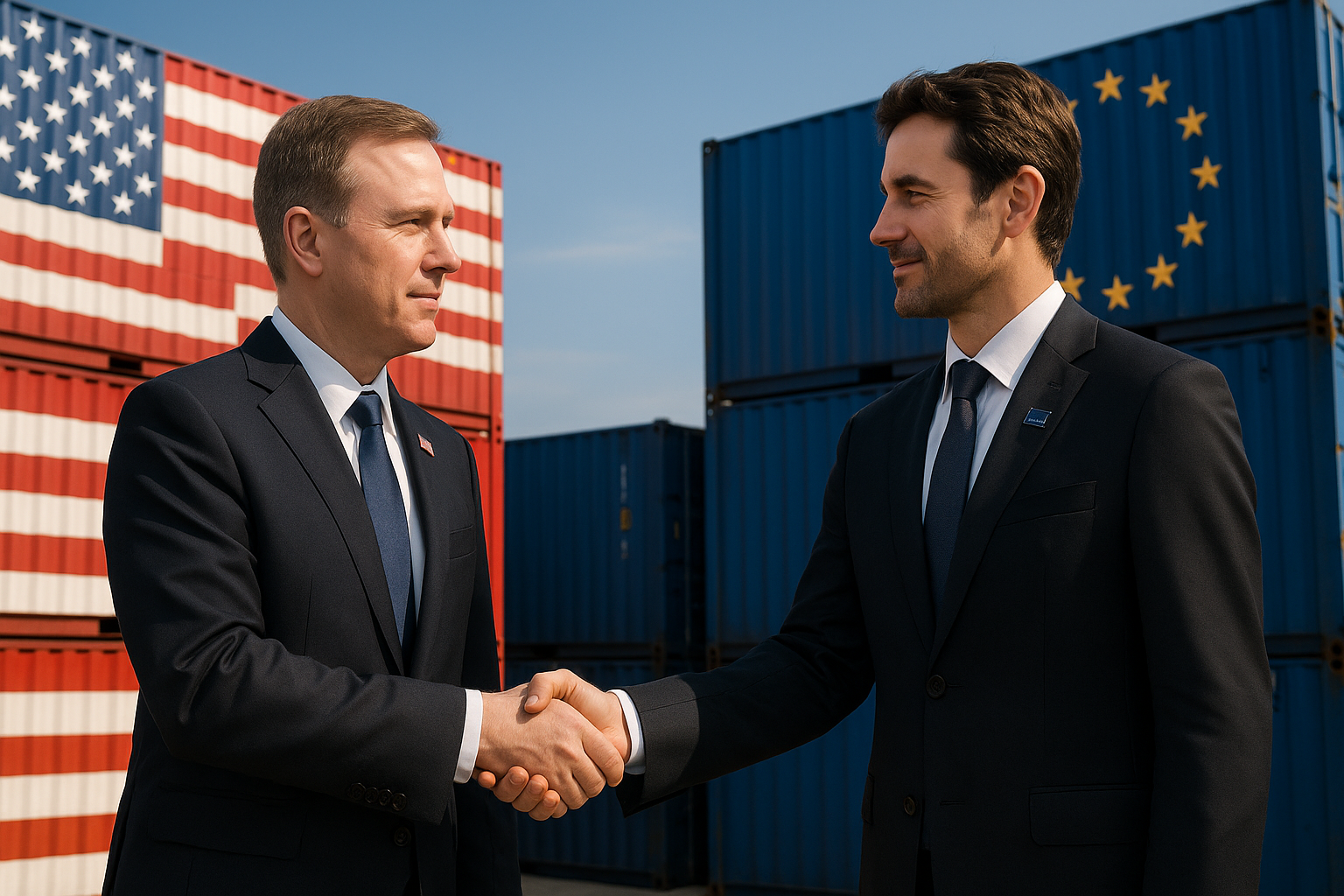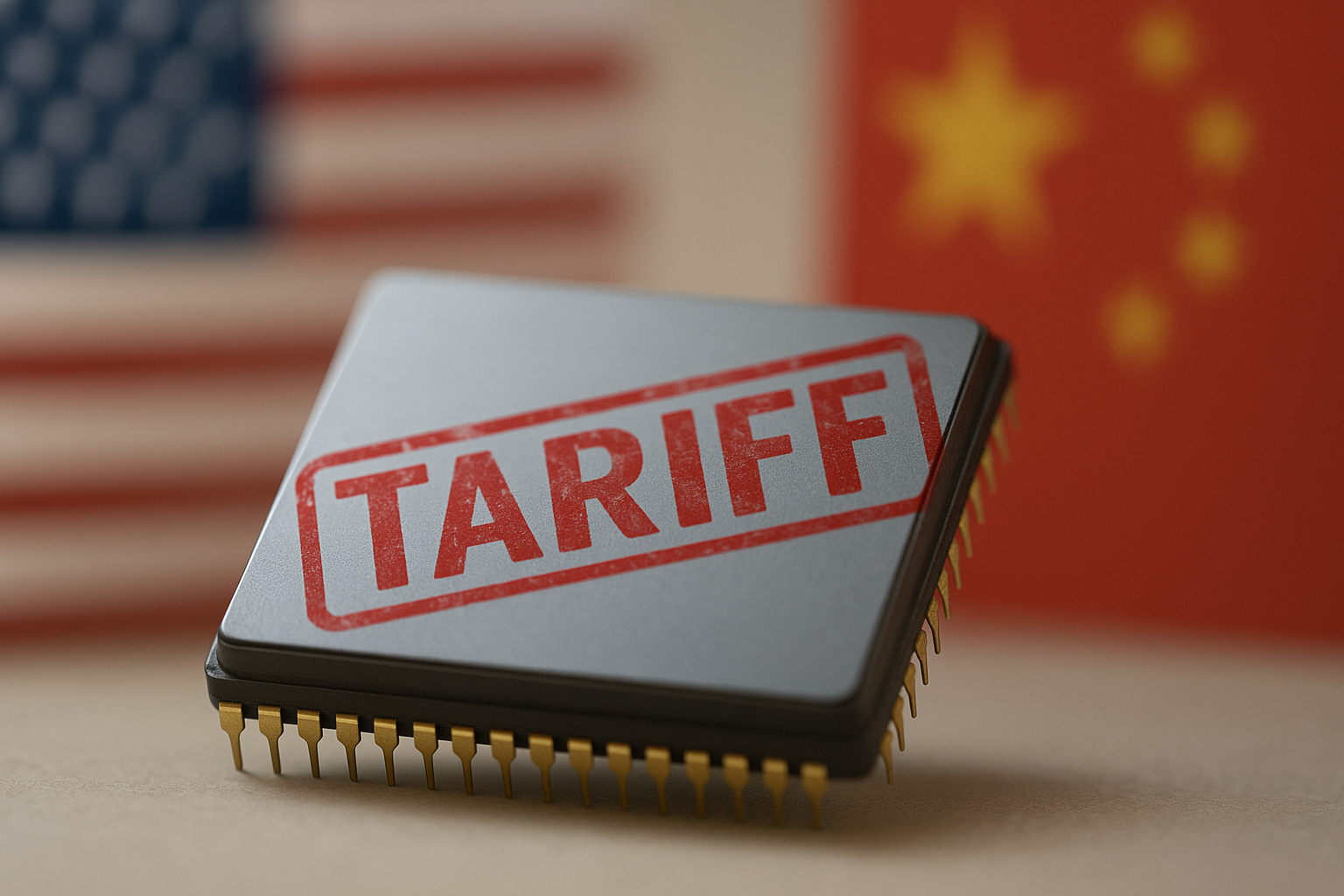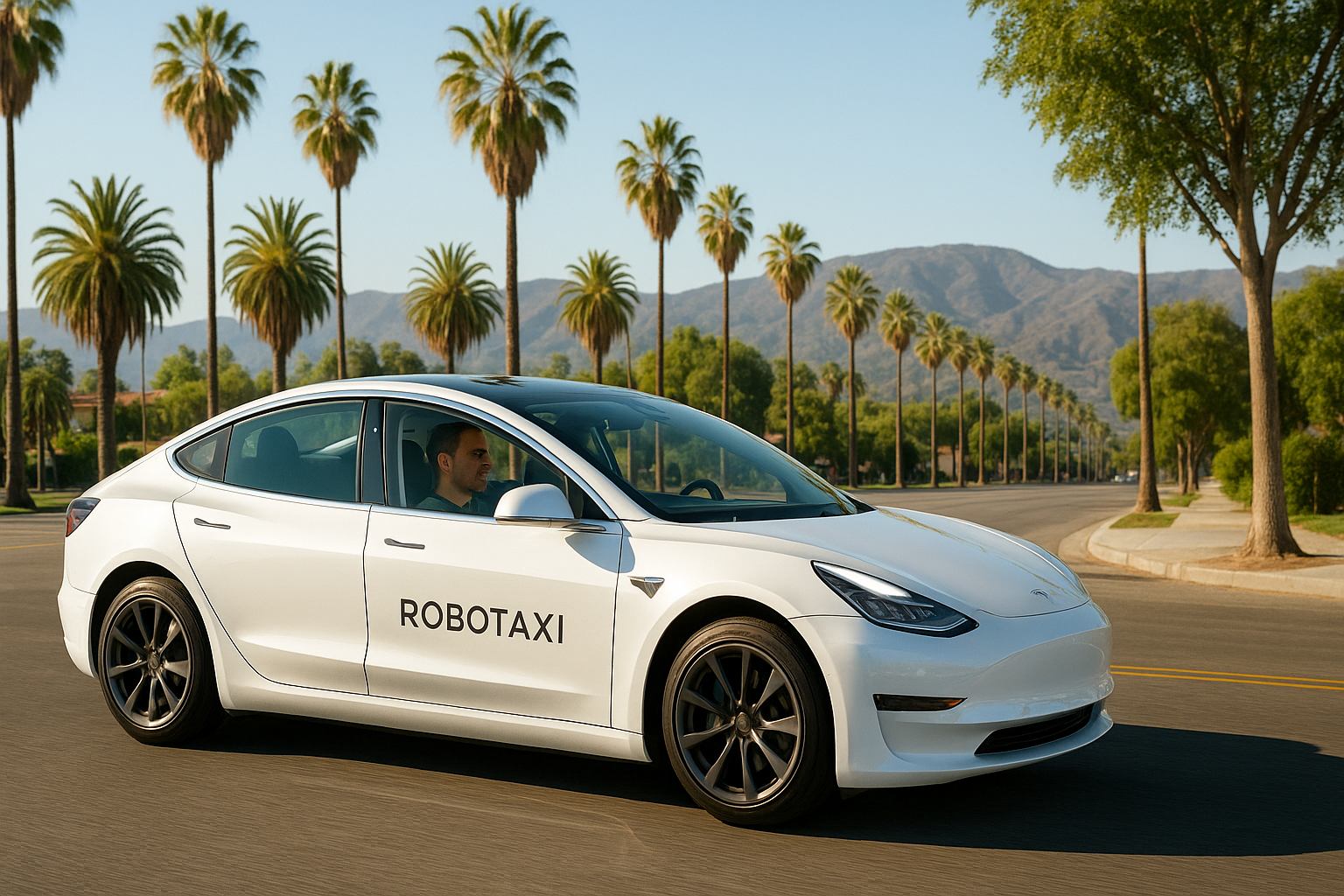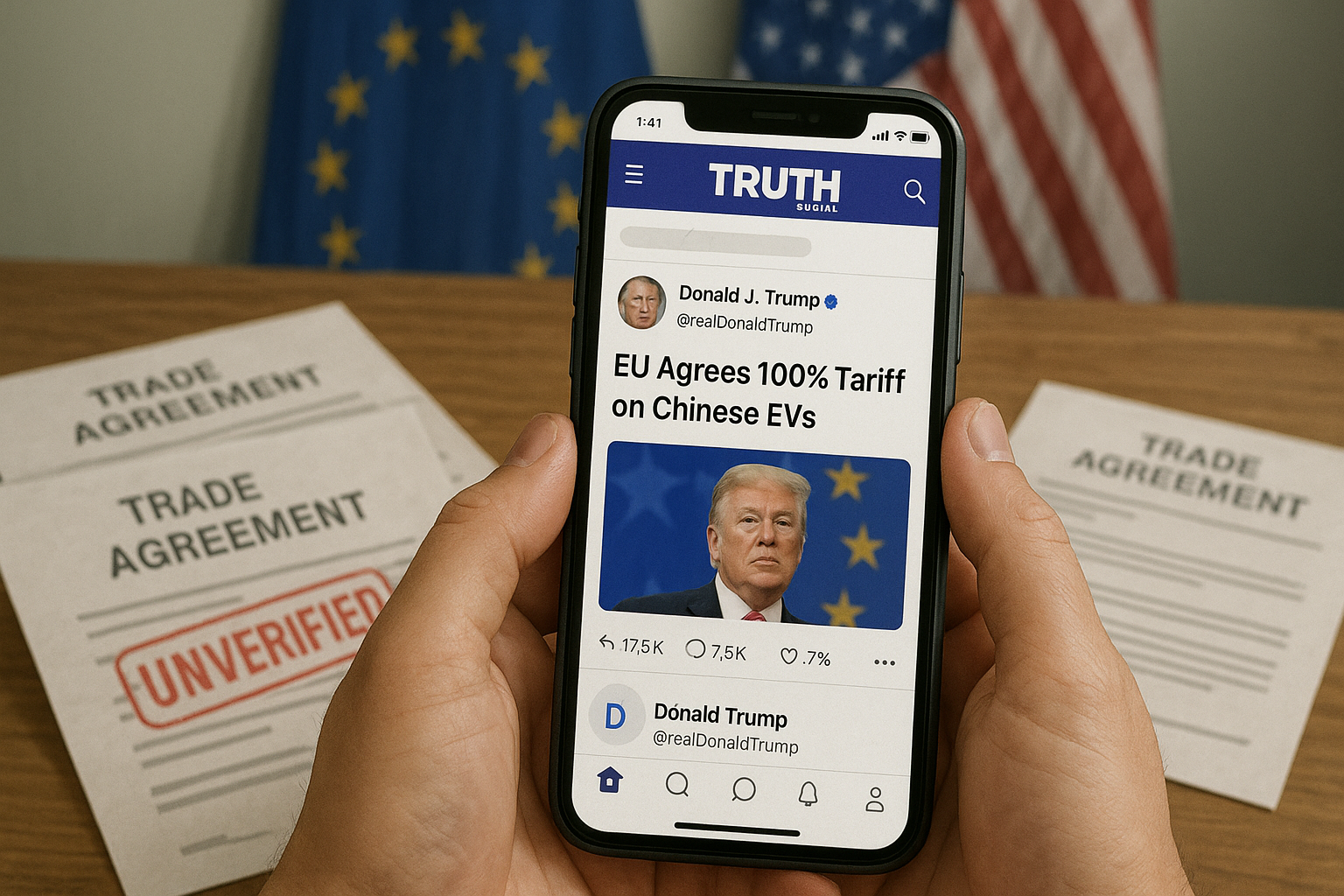The financial world's reaction to Donald Trump's latest tariff threats has been... well, surprisingly muted. And that's fascinating.
Last week, the former president (and potential future one) pivoted hard from sweet talk about tax cuts to threatening eye-popping tariffs—50% on European goods and 25% on Apple products. Yet Wall Street barely flinched.
Remember 2018? I covered the markets during Trump's first term, and back then, a single presidential tweet about Chinese tariffs could send the Dow plunging 500 points before your morning coffee got cold. Now, investors seem to be collectively saying, "Meh."
What gives?
There's this phenomenon I've been thinking about—call it "tariff threat fatigue." The first time a president threatens to upend global trade, everyone panics. By the fifteenth time? Traders barely glance up from their screens.
"We've definitely developed antibodies to these kinds of announcements," a hedge fund manager told me yesterday (requesting anonymity because, well, Wall Street folks always do). "The gap between campaign rhetoric and actual policy implementation is where we make our money."
Markets are remarkable machines for pricing risk. But they're also learning organisms, constantly recalibrating based on past experience. And the lesson they seem to have absorbed is that Trump's economic bark is often worse than his bite.
This isn't to say tariffs don't matter. They absolutely do.
A 25% tax slapped on Apple products would be devastating for a company that makes up roughly 7% of the entire S&P 500. European luxury brands would face existential threats from 50% tariffs. But market participants appear to be running some complex probability calculations in their heads:
How likely are these specific tariffs to actually happen?
What corporate workarounds might emerge?
Could tax cuts offset the damage?
Would the Fed step in with rate cuts if things got ugly?
Look, there's something slightly unsettling about this market complacency. Financial history is littered with examples—I've covered quite a few—where investors grew too comfortable with political risk, only to get blindsided when tough talk suddenly became policy reality.
The whole "it probably won't happen" thesis works beautifully... until it doesn't.
What's particularly strange is how compressed the uncertainty premium remains. Companies typically hate unpredictability—it freezes investments, complicates planning, and drives up costs. Yet despite Trump explicitly promising to keep businesses "on edge" with his approach, equity risk premiums haven't budged much.
We're talking about potentially redirecting global trade flows that took decades to develop! Apple's entire business model is built around Chinese manufacturing. European luxury goods depend on American consumers not balking at prices.
But the VIX (that's the market's fear gauge, for the uninitiated) is sitting at a relaxed 17. Which seems, I don't know, weirdly chill?
The conventional wisdom says markets have "priced in" Trump's economic worldview. But I wonder if they've merely priced in their perception of that approach—assuming significant moderation between campaign promises and actual policies.
That's probably a reasonable base case. But those tail risks? They seem wildly underappreciated to me.
What makes this particularly fascinating (at least to market nerds like myself) is the contrast with Trump's first term. Back then, each tariff announcement triggered violent market swings. Now, we're seeing what psychologists might call "desensitization"—a diminished response to what were once powerful stimuli.
I had coffee with a veteran trader last week who put it this way: "In 2018, the market believed everything. In 2024, it believes nothing." That's an exaggeration, of course, but it captures something essential about how investor psychology evolves.
The million-dollar question isn't just about Trump's economic vision, but about collective risk perception itself. When does healthy skepticism become dangerous complacency? At what point does rhetorical consistency transform uncertainty into something predictable?
Markets have a way of testing our assumptions until they break. For now, investors seem comfortable betting that protectionist rhetoric will remain more theater than reality.
Let's hope they're right. But I wouldn't bet my portfolio on it.




